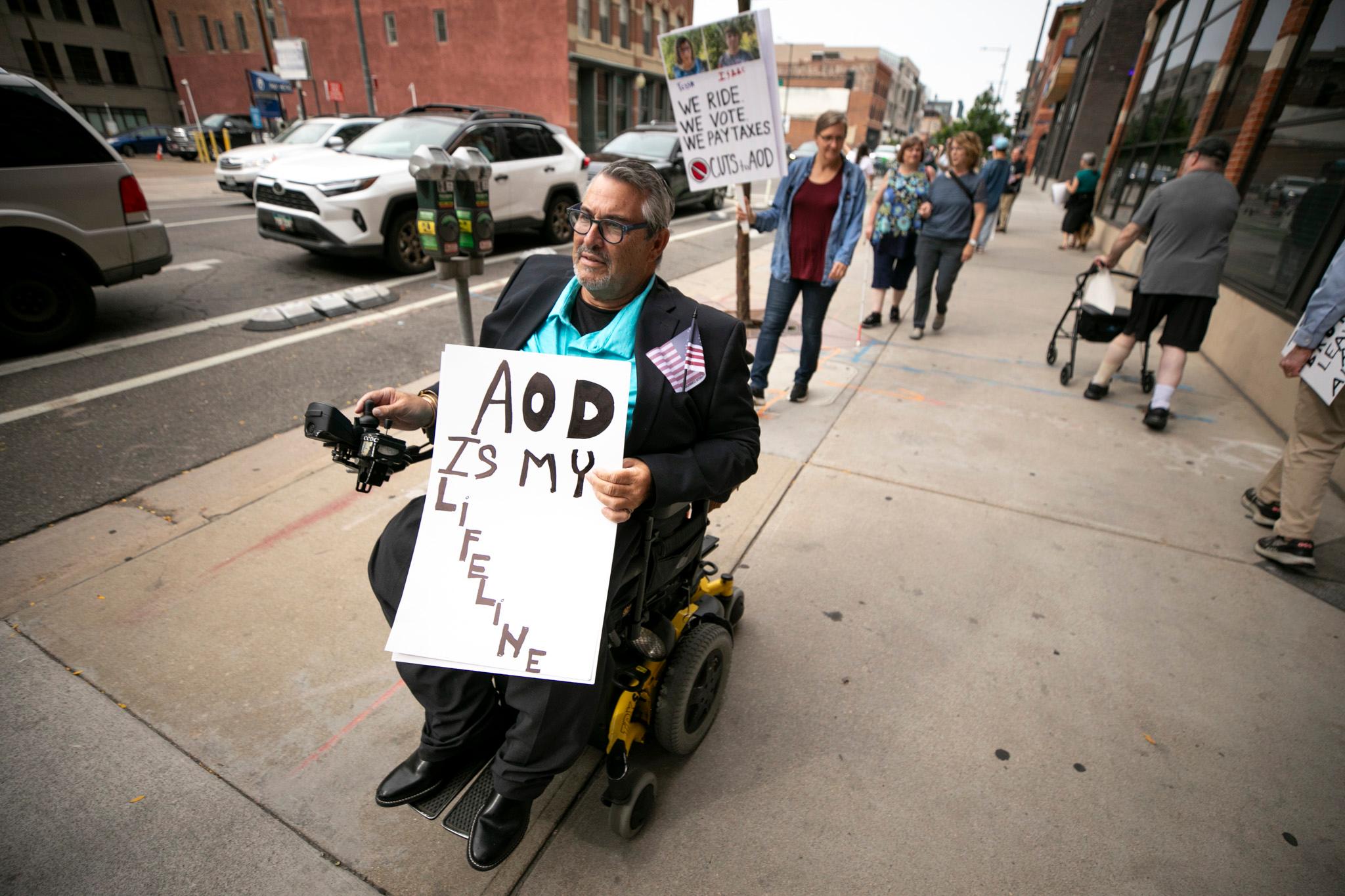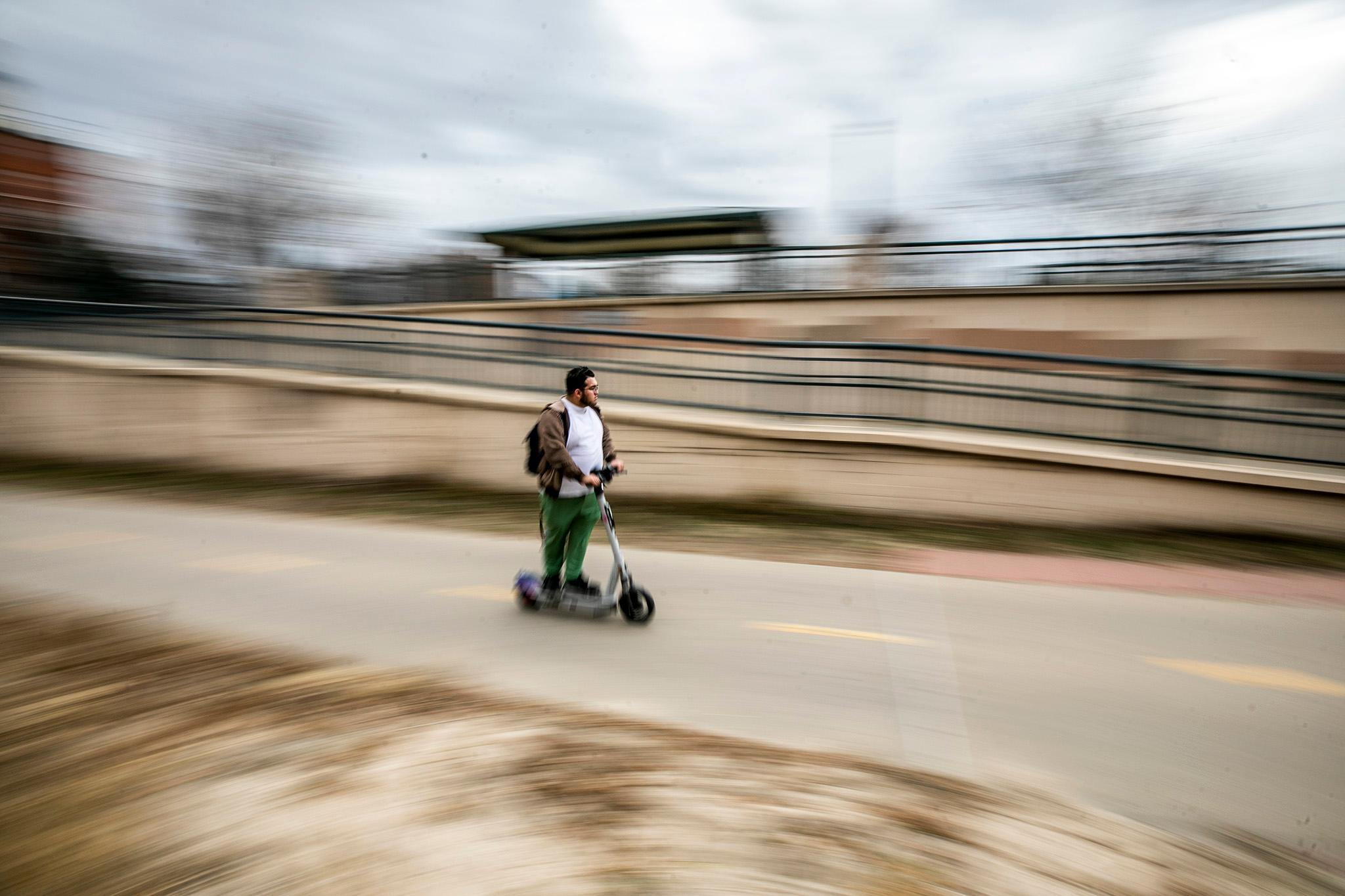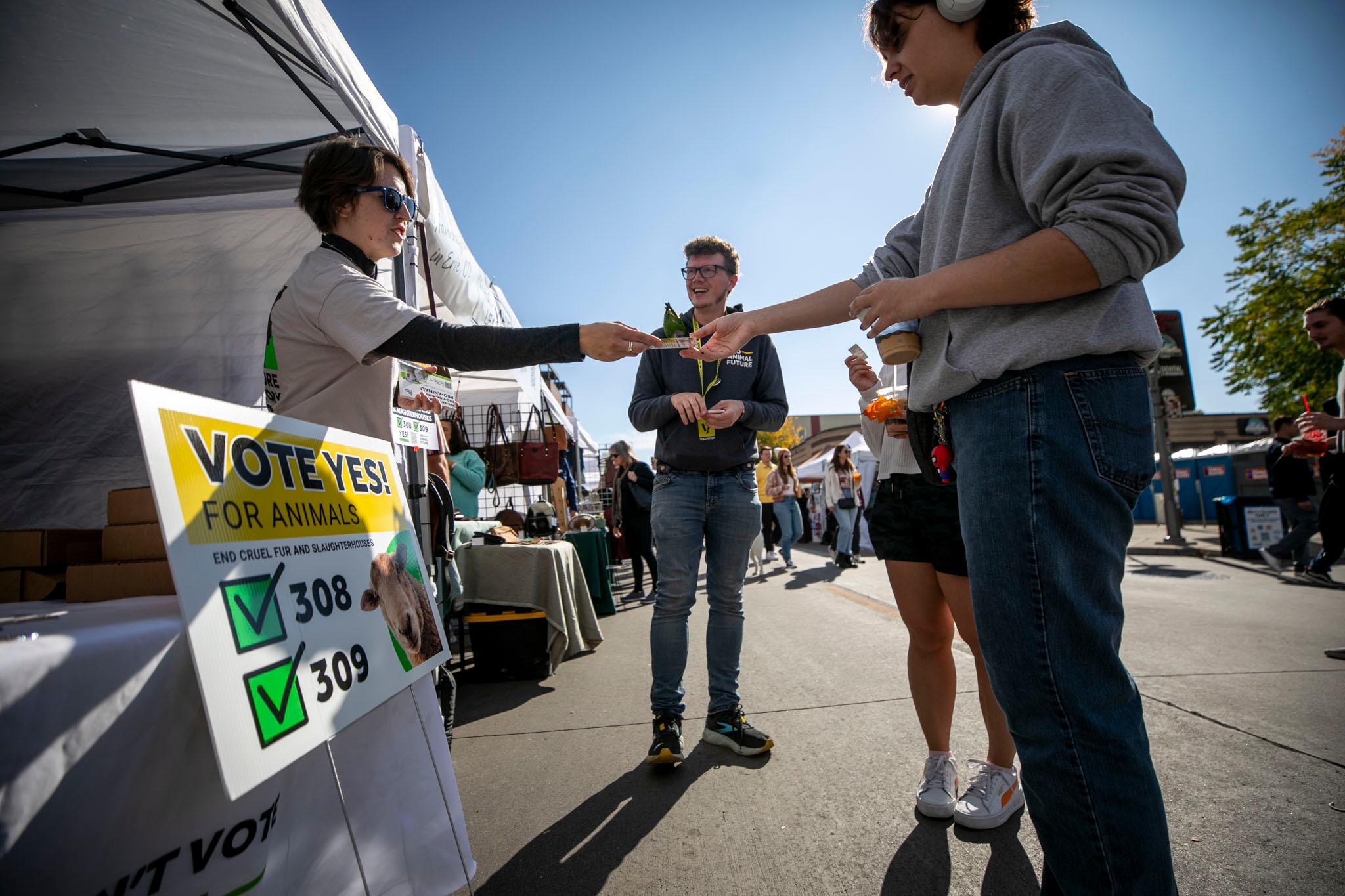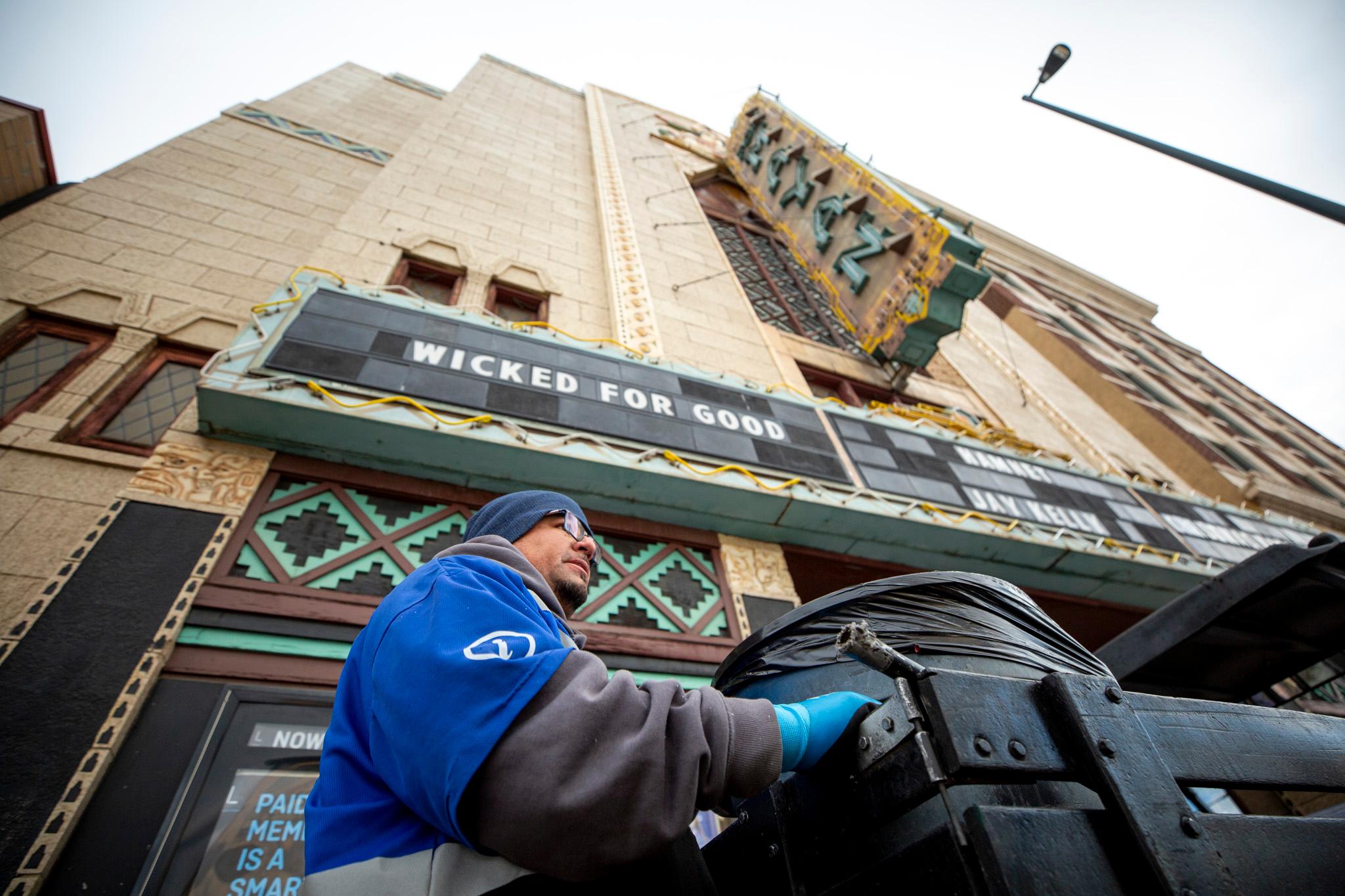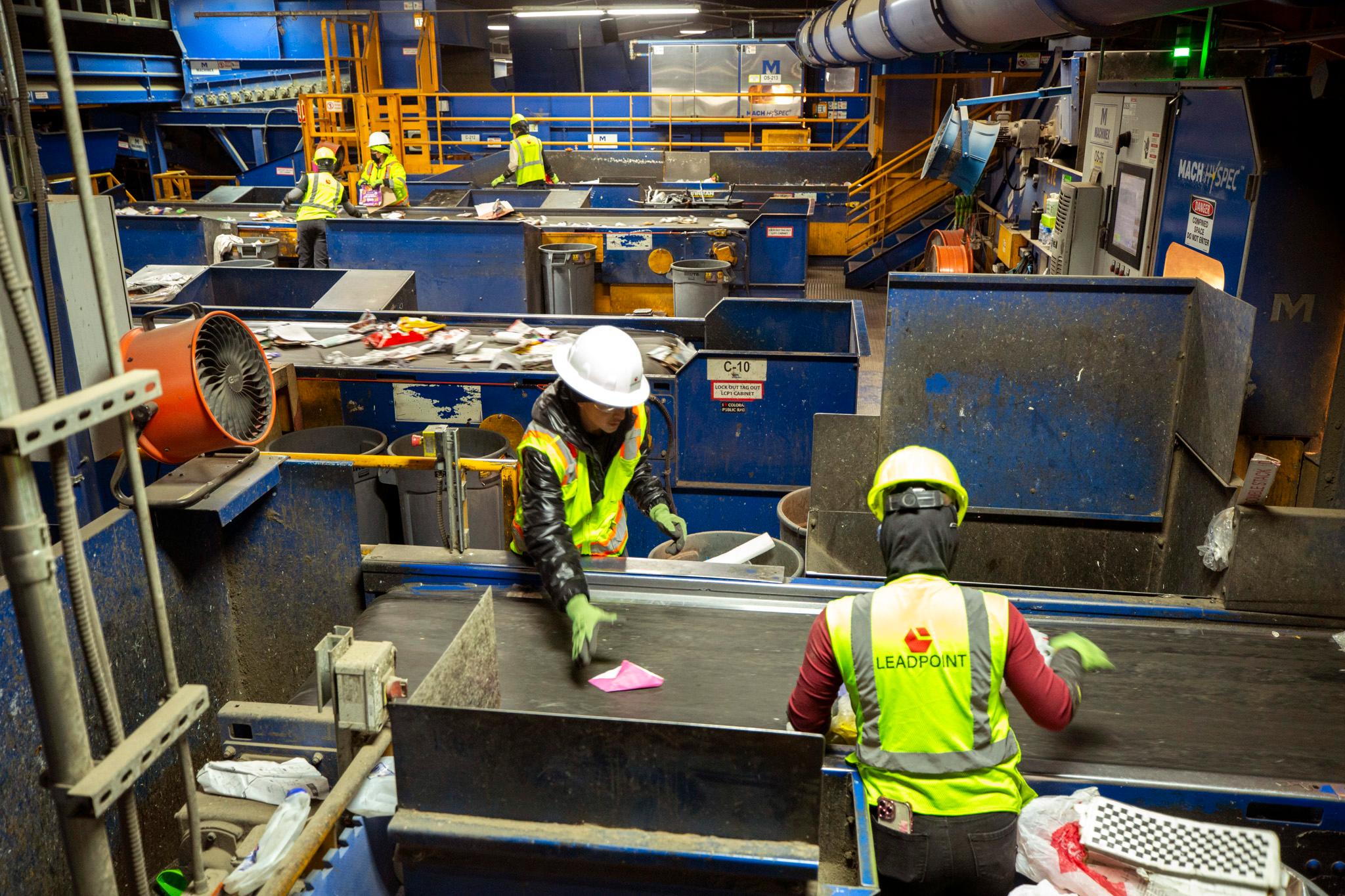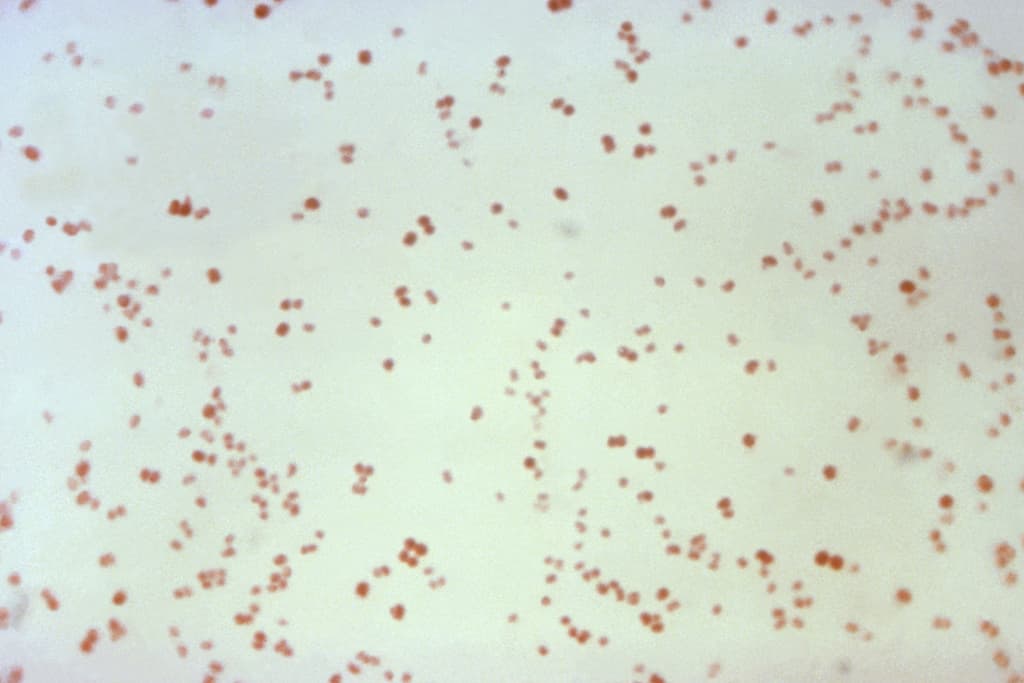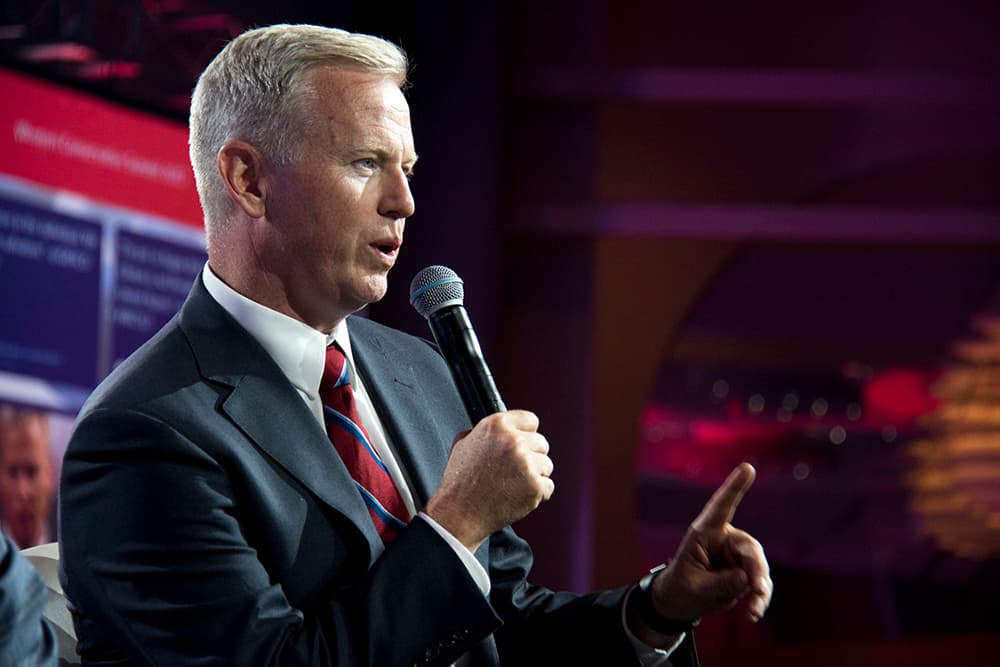
The straw poll conducted at the Western Conservative Summit this weekend in Denver revealed a clear favorite among attendees, many of them influential grassroots activists. Arapahoe County District Attorney George Brauchler got 38 percent of the vote on a ballot that had 17 other Republican candidates on it.
Former state Rep. Victor Mitchell, now CEO of a real estate lending company, finished second with 20 percent of the vote. In third place was Steve Barlock, Denver co-chair for President Donald Trump's 2016 campaign, with 7 percent, and in fourth was State Treasurer Walker Stapleton with 6 percent. Stapleton has not formally announced, but he is widely expected to enter the race.
The other Republicans listed on the ballot were: Larimer County Commissioner Lew Gaiter, former Parker mayor Greg Lopez, former investment banker (and Mitt Romney's nephew) Doug Robinson, Loveland resident JoAnne Silva, former state Rep. J. Paul Brown, Colorado Attorney General Cynthia Coffman, former CSU football coach and Senate candidate Jack Graham, state Sen. Tim Neville, state Sen. Ray Scott, Larimer County Sheriff Justin Smith, Colorado Springs Mayor and former AG John Suthers, DaVita CEO Kent Thiry, businessman Brian Watson and Colorado Secretary of State Wayne Williams.
Gov. John Hickenlooper, a Democrat, is term-limited in 2018, creating a wide open field and a lot of interest in the race. Not all of those folks are declared candidates for governor, and some -- like Coffman and Stapleton -- are considered much more likely to get into the race than others.
The Western Conservative Summit is an important stop for Republican candidates, particularly those who want to get on the ballot through the state assembly process. The crowd's affinity for Brauchler was evident in person as well; he received a standing ovation from nearly half the crowd when he spoke Saturday night.
But a straw poll nearly a year before the primary is, of course, hardly a sure thing.
Mitchell has a big money advantage, having given himself $3 million earlier in the year and reporting $2.7 million cash on hand as of the end of June. Brauchler raised just over $190,000, though he was able to say that his donations came mostly from Coloradans and from every county in the state. Robinson raised $208,000 and lent his campaign $57,000.
Further complicating the picture, unaffiliated voters can now opt to participate in party primaries. This is the first year that will be the case, and no one really knows how many will request a Republican ballot and how they'll shape the outcome.
Bob Loevy, professor emeritus of political science at Colorado College, said there are an unusual number of qualified candidates this season, and that could end up disadvantaging those candidates.
"It's interesting to me at this moment that so many qualified candidates are running for governor of Colorado, people with experience and money in the bank," he said. "This really has not happened before."
"With this multiplicity of candidates, my position is that these are going to be very strange races, and there is a real threat that either party or perhaps both could get stuck with pretty strange candidates."
He compared the gubernatorial field to the 17 Republican presidential candidates in 2016. In any normal political year, Jeb Bush, Ted Cruz or John Kasich should have been the nominee, he said.
"They split the conventional vote and let the guy with the TV show in," Loevy said. (That would be Trump.) "The real threat to the qualified candidates is that there are so many of them."

